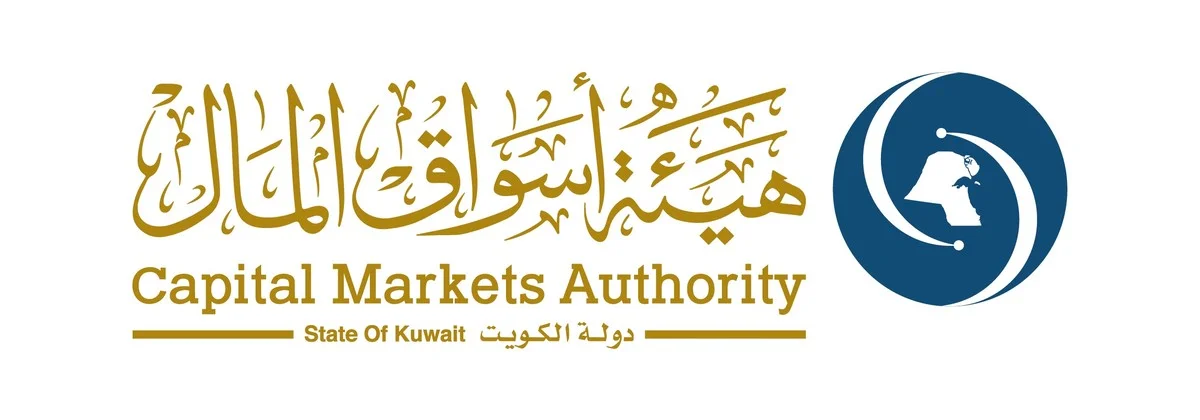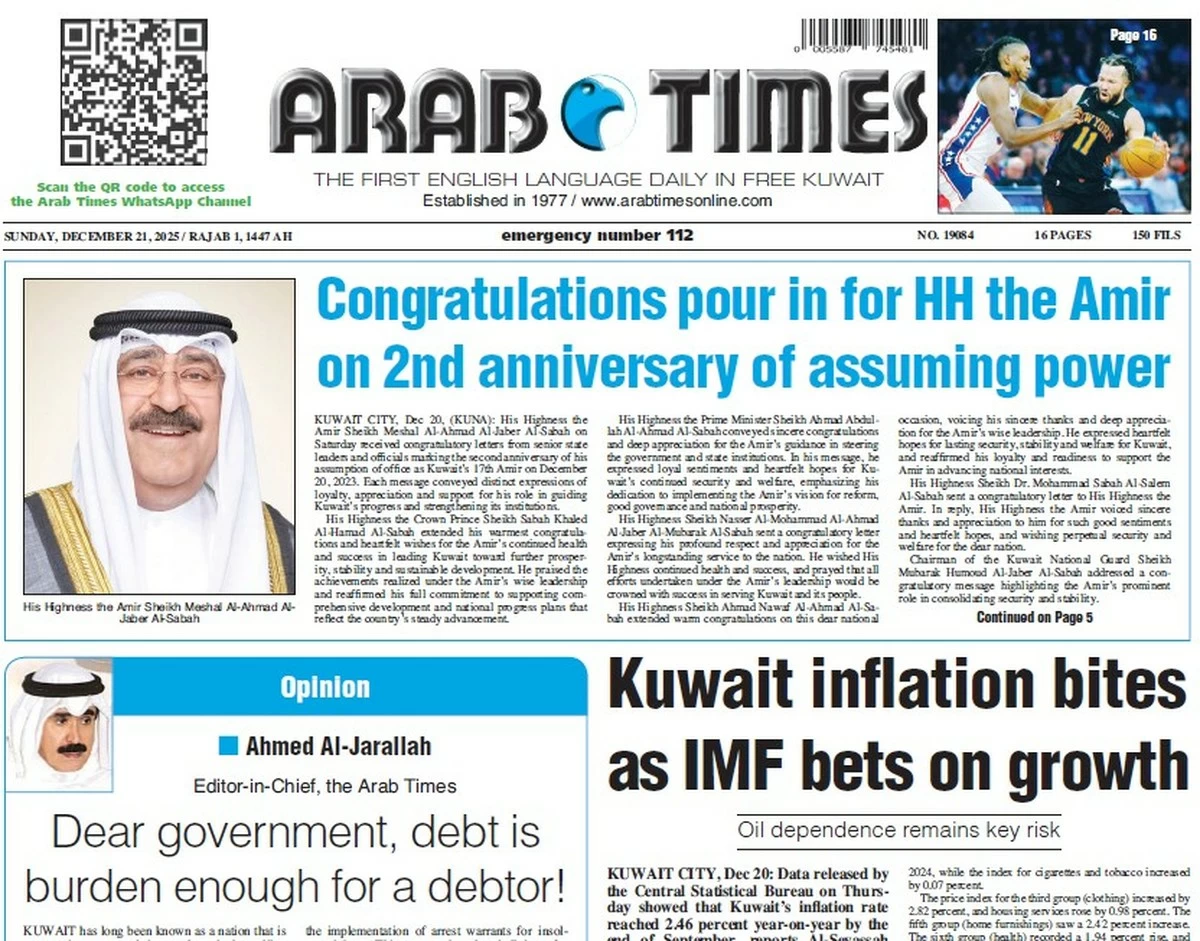09/01/2025
09/01/2025

KUWAIT CITY, Jan 9: Dr. Ahmad Al-Melhem, Chairman of the Board of Commissioners of the Capital Markets Authority (CMA) and Executive Director, emphasized the CMA’s commitment to enhancing the Kuwaiti stock market, improving its competitiveness, fostering a better investment climate, and upholding the principles of disclosure and transparency. This aligns with Kuwait’s broader development vision.
In an interview with the Kuwait News Agency (KUNA) on Thursday, Dr. Al-Melhem discussed the ongoing efforts to advance the capital market development program. He highlighted the launch of the second part of the third phase of this program, which includes several crucial initiatives. These initiatives aim to establish a central broker for the stock market, complete cash settlements through settlement banks, and integrate with the Central Bank's System (KASSIP).
Dr. Al-Melhem also mentioned that this phase includes upgrading the business model for financial brokerage companies to the “qualified broker” model. This involves introducing a new license for “qualified securities brokers” registered with the stock exchange, issued by the CMA. Another key target in this phase is to prepare the legislative and operational framework for exchange-traded funds (ETFs), bonds, and Sukuk.
A major component of this phase is the introduction of a sub-account number within the combined accounts of portfolio clients at investment companies and electronic trading clients. This will facilitate the development of control systems and ensure readiness for new financial and investment products and services.
Following the completion of the second part of the third phase, the CMA will focus on implementing the fourth phase of the project. Some of the key goals of this phase include the creation of a central broker for the derivatives market, the introduction of a clearing members model, and preparing the legislative and operational environment for financial derivatives.
Regarding the mandatory implementation of electronic disclosures using the XBRL (eXtensible Business Reporting Language) format, Dr. Al-Melhem stated that this began on January 5. He explained that this move enhances the transparency and disclosure of financial markets by providing an automated system for disclosing financial and non-financial data of listed companies and licensed persons.
He emphasized that the system unifies the concepts and elements of disclosure, making it easier for all parties involved to access, review, and rely on accurate, timely data. This will help provide information to a wide range of stakeholders and contribute to better decision-making.
The new system also aims to improve the effectiveness of comparison, study, and analysis processes, thus boosting the attractiveness of local and foreign institutional and individual investments. This, in turn, is expected to have a positive impact on the investment climate and increase the competitiveness of Kuwaiti financial markets in comparison with other markets.
Dr. Al-Melhem further explained that the system will reduce compliance and review burdens on all parties involved, cutting down on human effort and material costs. Additionally, it will streamline procedures within Kuwait's business environment by facilitating the exchange of data and information among companies, individuals, audit firms, and regulatory bodies.
The system includes an integrated electronic portal containing all the tools and solutions needed for smooth and easy disclosure processes. By allowing electronic publication of data using the XBRL language, the system offers flexibility and efficiency for authorized users and investors to analyze and benefit from the data in their studies and comparisons of company performances.
Dr. Al-Melhem stressed that the new system would improve market performance, enhance the investment climate, and increase the competitiveness of the Kuwaiti financial markets compared to other global markets.
The system has numerous benefits for shareholders and investors alike. It provides comprehensive and reliable financial and non-financial data, available in a timely manner, facilitating comparisons and studies. This enables shareholders to assess a company’s financial position and performance relative to similar companies, making informed investment decisions.
Furthermore, Dr. Al-Melhem pointed out that the CMA is keen to integrate several automated verification and self-review mechanisms to ensure the accuracy and integrity of the data provided. The system also includes security measures and technical restrictions that control user access based on specific purposes, preventing any misuse of the system.
Finally, he noted that the system will help reduce administrative burdens, human effort, and material costs. It also meets the needs of various regulatory bodies, easing the burden on regulated entities and minimizing the need for repeated data submissions, thus reducing discrepancies that may occur when updating data.


